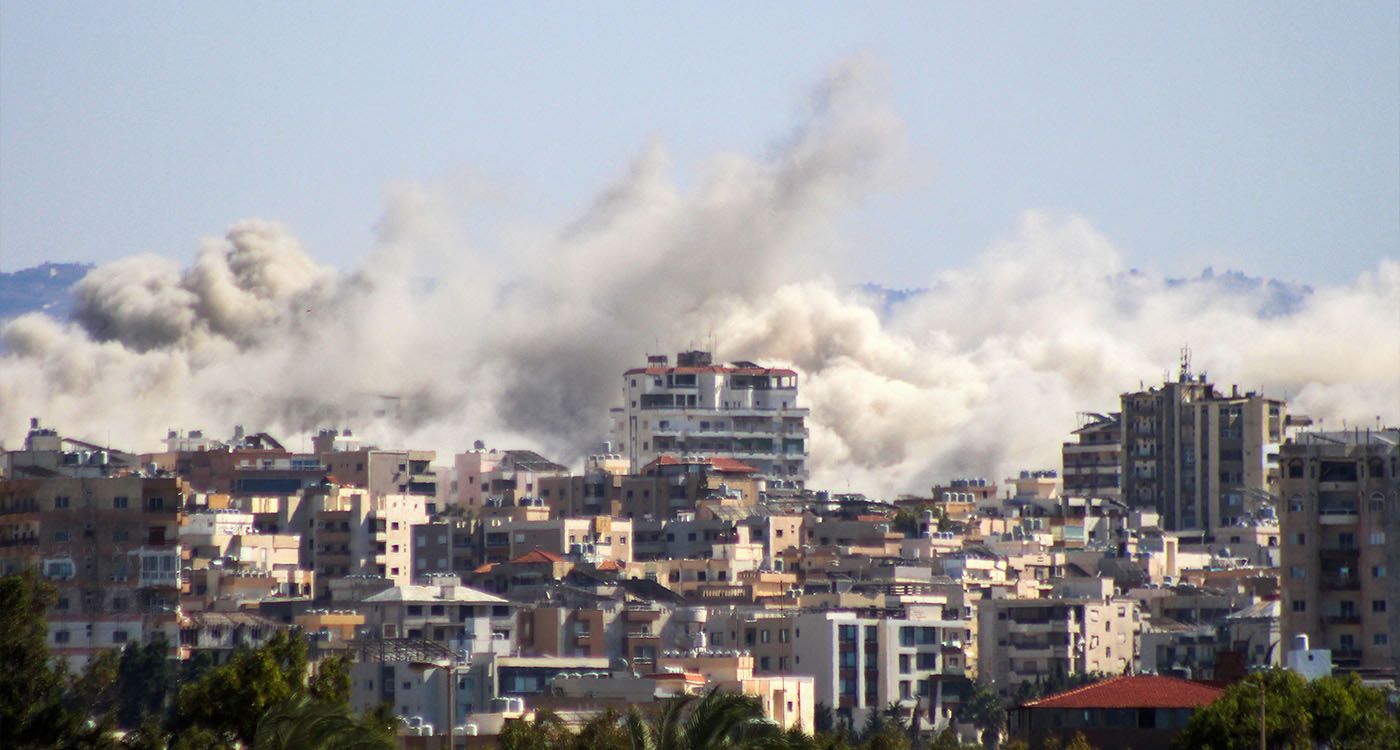
Has United Nations Security Council Resolution 1701 been effectively set aside, with political discussions now focusing on a new international resolution or a revised version of the existing one? Such a step would aim to halt the escalating Israeli war on Lebanon, which is increasingly targeting civilians, residential neighborhoods, densely populated areas, hospitals and places of worship, and has now extended to strikes on the Lebanese Army (despite Israel’s hollow apology), resulting in the death of several soldiers.
Some realities cannot be overlooked when analyzing the course of this ongoing conflict, chief among them being that Israel will not agree to return to the pre-October 7 period, neither in Gaza nor in Lebanon. Why would it agree to revert to that stage without securing at least some "gains" after months of destruction and killing, all carried out in full view of the entire world?
The global anticipation of the presidential election to determine who will occupy the White House for the next four years is pushing Israeli Prime Minister Benjamin Netanyahu to refrain from offering any "free gifts" to President Joe Biden, whose term is nearing its end and who is effectively out of the presidential race.
Based on Israeli logic, it is essential to wait and see who the next United States president will be before determining future steps, whether in Gaza or Lebanon. This strategy will allow Tel Aviv to assess the developments and expectations of the "day after," a term that is, incidentally, a product of Israeli fabrication. While support for Israel remains a constant among Americans in both the Democratic and Republican parties, the level of US support may differ somewhat, particularly in relation to Iran and what approach to follow.
This makes Israeli acceptance of a straightforward reinstatement of Resolution 1701 an extremely challenging proposition, even as the unfolding events have taken unexpected turns compared to what Tel Aviv had foreseen in the weeks following the assassination of Hezbollah Secretary-General Hassan Nasrallah and other senior leaders. The "euphoria" of victory that the Israeli leadership experienced after the detonations of beeper devices, wireless communications and various assassinations has begun to wane due to the difficulties of a ground incursion in southern Lebanon and the losses incurred by the Israeli army. Moreover, the shelling of Haifa and other locations highlights that the return of northern residents to their settlements will not be as quick as expected.
Meanwhile, Lebanon will continue to deal with Israeli bombardment that knows no ethical, military or political constraints. In fact, these raids are targeting hospitals, health centers, residential areas, replicating Gaza’s ordeal through widespread destruction. Some southern border villages have been completely leveled. Additionally, Israel is using numerous internationally prohibited weapons, notably phosphorus shells!
The Lebanese "consensus" on implementing UN Resolution 1701 is key and should lay the groundwork for the next phase, particularly as divisions among the Lebanese deepen, especially in overcrowded displacement areas grappling with ongoing challenges. It is crucial that these issues remain contained, whether caused by the displaced individuals or the host communities. Failure to do so could plunge the country into a cycle of escalating unrest, potentially ushering in even darker times ahead.
Clearly, despite failing to achieve its declared objectives, Israel will seek to impose a new reality on the ground and in the political arena. This poses a significant challenge, especially since Israel often encroaches beyond what it is entitled to. Tel Aviv has a long history of violating Lebanese sovereignty, before and after the adoption of Resolution 1701.
It seems that the war will be a long one, unless a miracle occurs – something seldom seen in the world of politics!

Comments